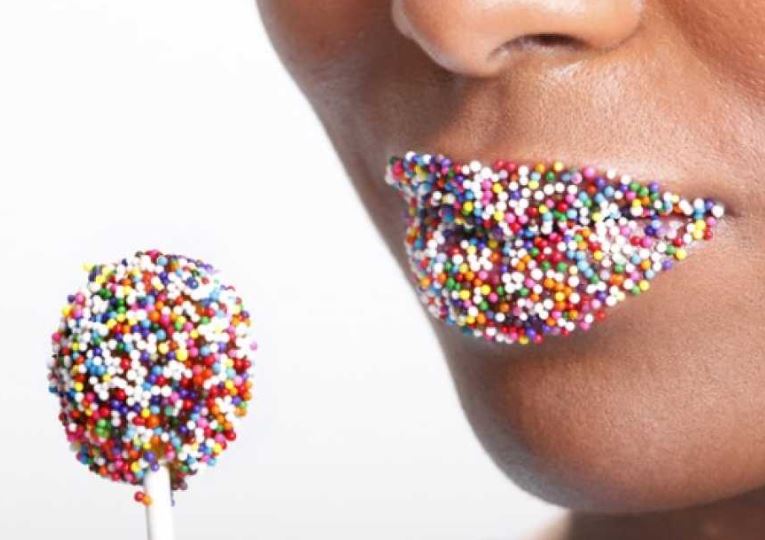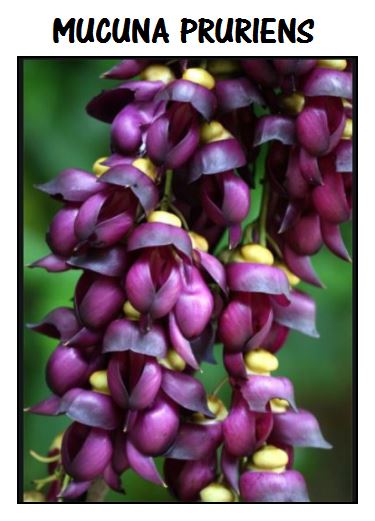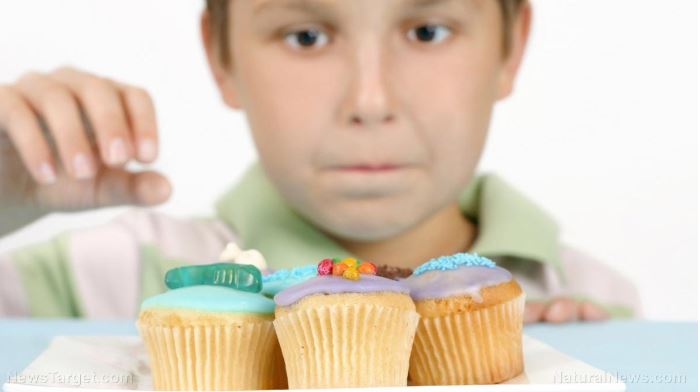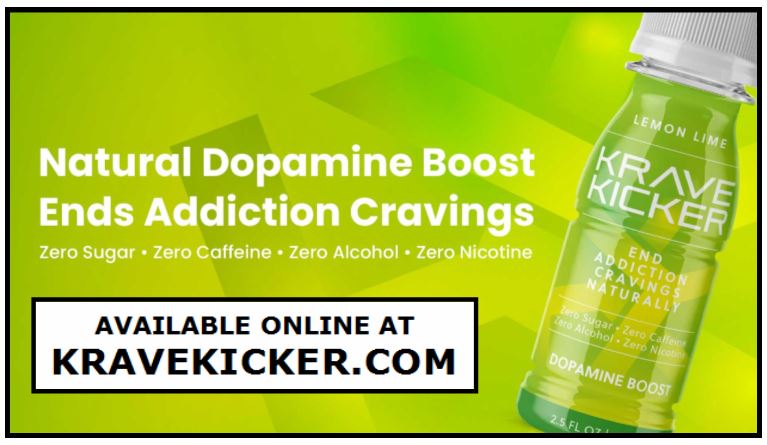
First and foremost, overcoming addictions is physical. The human body has several cleansing organs that get taxed and overworked, in desperate need of cleansing. Second, specific vitamins, minerals, and antioxidants get drained, leached, and depleted from the body due to the addiction(s), making it harder to recover and not relapse, especially for those who are unaware of the natural remedies that need to be replenished.
Whether you are addicted to sugar, caffeine, alcohol, or nicotine, there are natural solutions available at health food stores online and in the retail sector, and they won’t cost you an arm and a leg to load up on either. Time to do a little digging. A little research, and find out the best natural remedies for overcoming common addictions. Don’t feel bad. Don’t blame yourself. Don’t feel defeated. You can win this important battle, and you’ll feel great knowing you came out on top, the natural way.
Top 5 natural remedies for overcoming addictions, including recovering from overuse and abuse of alcohol, nicotine, sugar, and/or caffeine
#1. Dandelion root – for liver cleansing
#2. St. John’s Wort – for anxiety and depression
#3. Milk Thistle – also for liver cleansing
#4. Vitamin B12 as methylcobalamin – balances central nervous system
#5. Mucuna Pruriens – for dopamine boost and calming nerves
Dandelion Root and Leaves
Your cleansing organs are vital to your health. You cannot live without your liver, kidneys, or pancreas, but most Americans treat them like a trash can or garbage disposal, thinking they can just put anything in them and the “janitors” will do the rest of the work. Not true at all.
Addictive substances often pollute the liver and cause a laundry list of health issues over time. In fact, the liver is one of the body’s most important organs as it deals with every aspect of body metabolism and digestion, breaking down toxins so the kidneys can then excrete them. Nervous system disorders are brought on by liver disease, because toxins build up in the blood and affect brain function. Want to know about an herb that’s perfect for helping the liver free itself of toxins that accumulate? Answer: Dandelion.
Did you know that dandelion roots and leaves are medicinal? They are full of vitamins and nutrients. The root helps cleanse the liver by increasing bile production, removing toxins quickly and efficiently cleaning the liver. Available as a tea, powdered extract, or tincture, dandelion root is easy to come by. Look into it right away.
St. John’s Wort
For hundreds of years, natural health advocates have utilized St. John’s Wort as an old home remedy that’s useful for fighting mild depression, anxiety, and insomnia. Many people who overuse sugar, alcohol, and/or nicotine for years suffer from depression, especially when trying to cut back significantly or quit those toxic substances. They are all stimulants in the short term, but depressants in the long run.
The St. John’s Wort is a plant that grows yellow star-shaped flowers and is native to Europe, but has been planted all over the world. The remedy is made from the blooms and flowers. It’s also been used to treat nerve pain and heal cuts and bites. Are you in a “low mood” while trying to cut back or quit some addictive substance? Got mood swings? St. John’s Wort may help to stabilize those. Many people get quite cranky and anxious when quitting caffeine, alcohol, nicotine, or even sugar. St. John’s Wort can help.
Milk Thistle
Milk thistle, also known as silybum marianum, is a flowering herb also native to Europe but now grown on most continents. The active ingredient in milk thistle, silymarin, has antioxidant and anti-inflammatory effects. This helps restore liver health and protect against liver damage from excess alcohol.
Vitamin B12 as methylcobalamin
Methylcobalamin is by far the best kind and most bio-available form of vitamin B12, as opposed to cyanocobalamin (the kind found in 5-hour Energy). Because vitamin B12 is water soluble, it does not stay in the body for long. Vitamin B12 deficiency has been associated with smoking, as certain chemicals in cigarettes (nitrites, nitro oxide, cyanides, and isocyanides) literally leach vitamin B12 from the body.
No matter what addiction you’re trying to kick, vitamin B12 as methycobalamin is essential for helping balance the nerves and provide you with energy for improving physical health.
Mucuna Pruriens (Ayurvedic Herb)

Traditional Ayurvedic herb mucuna pruriens has been used for thousands of years for its therapeutic qualities that provide balance to the nervous system and boost natural dopamine production in the human body, safely and effectively. Also known as the “dopamine bean” and “kapikacchu,” the beans of this herb yield the world’s most potent source of levodopa or L-Dopa. Taken as a dietary supplement in capsules, or mixed as a powder into beverages, mucuna pruriens can be substituted for nicotine, sugar, caffeine, or alcohol, and boost the mood, energy, and balance nerves all the while. Who knows this?

Got anxiety from trying to quit an addiction? Mucuna can uplift your mood and calm your nerves. Now mucuna pruriens potent extract is available with vitamin B12 in an amazing new functional beverage called Krave Kicker. Now you can end addiction cravings naturally without having to apply endless willpower. Let the natural remedies do the work for you, and change your lifestyle for the better, starting right now.
Sources:



